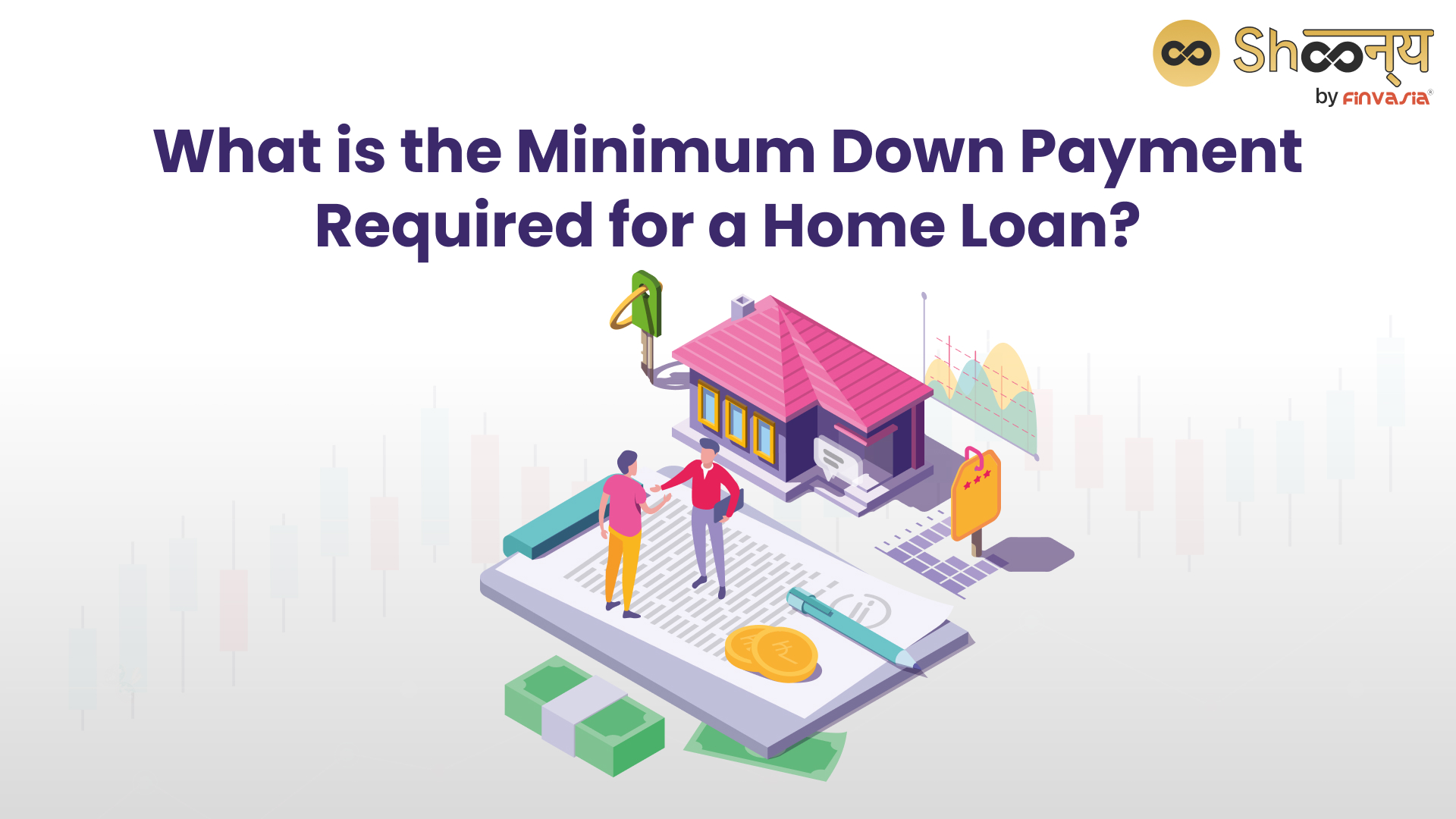Are you planning to buy your dream home soon? If yes, you must wonder how much down payment you need to make for a home loan. A down payment is your initial cash payment when buying a home. Generally, the higher the down payment, the lower the interest rate and monthly payment. But how do you decide how much down payment for a home loan is right for you? What are the benefits and drawbacks of making a higher or lower down payment for a home loan?
Let us take a look!
Home Loan Down Payment Dynamics
Here are some basic that you must know about the down payment for a home loan:
- Home loans typically come with a loan-to-value (LTV) ratio of up to 80 percent.
This means the lender finances a portion of the property’s value while the remainder constitutes the down payment from your (homebuyer’s) resources.
- The exact percentage of the home loan down payment varies based on aspects such as the loan amount, lender policies, and the buyer’s creditworthiness.
Regulatory authorities like the Reserve Bank of India (RBI) also impose guidelines to govern loan sanctioning percentages.
An Ideal Home Loan Down Payment
While the minimum home loan down payment requirement ranges from 10 percent to 20 percent of the property’s value, experts recommend aiming for at least 20 percent or more.
Contributing a high payment for a home loan amount from your own funds can lead to more favourable loan terms.
Ideally, one should aim for a down payment of 30-40 percent or even higher, if feasible, to reduce the loan burden and enhance financial stability.
Benefits of a High Down Payment For a Home Loan
Though home loans often cover up to 90% of a property’s value, it’s not always advisable to borrow the maximum amount available.
It is often suggested that you contribute a significant portion of the purchase price from your funds.
Opting for a higher down payment for a home loan offers multiple advantages.
- Lower Interest Rates: Lenders give better rates when you pay a high down payment for a home loan.
It’s because they see less risk.
- Lower Monthly Payments: When you pay more home loan down payment upfront, you borrow less.
That means your monthly payments shrink.
- Quicker Loan Payoff: With a smaller home loan, you might pay it off faster.
This saves you money on interest in the long run.
- Improved Loan Approval Odds: Lenders like it when you can pay more upfront. It shows you’re responsible with money, so they’re more likely to approve your home loan.
Tips for Saving Towards Your Home Loan Down Payment
Here are certain things that you must keep in mind to manage your down payment for a home loan easily:
- Start Saving Early: You must start putting money aside as soon as you consider buying a home. Small savings over time can really add up.
- Set a Realistic Goal: Determine how much you can save for a home loan down payment. Consider your income, expenses, and other financial responsibilities.
- Cut Back on Spending: Look for ways to spend less money on things you don’t really need.
- Consider Gifts: If your family or friends can help, think about using gift money towards your down payment for a home loan. Just make sure to follow any rules set by your lender.
- Use Windfalls Wisely: If you come into unexpected money, like a tax refund or bonus, consider putting some of it towards your down payment for a home loan instead of spending it all.
Continuous Financial Management
In addition to making a substantial home loan down payment, you must prioritise making partial repayments.
This proactive approach helps in reducing the principal amount and shortening the loan tenure.
Result?
You will ultimately save on interest payments.
Moreover, in case of interest rate hikes, evaluate your ability to manage higher EMIs instead of extending the loan tenure.
Conclusion
Making a high down payment for a home loan can help you save money and get better loan terms. However, it requires careful planning and saving.
Follow the tips to make a smart and feasible down payment for your dream home.
FAQs | Down Payment for a Home Loan
The upfront payment for a home loan, known as a down payment, typically ranges from 3% to 20% of the total purchase price of the property. The exact amount depends on factors like the type of loan, property value, and lender requirements.
No, you can’t secure a 100% home loan. Lenders usually offer up to 90% of the property value for loans. You need to pay the rest as the home loan down payment.
A down payment is the initial amount of money you pay upfront in a financial transaction, such as buying a home or a car. It reduces the loan amount and subsequent interest payments.
______________________________________________________________________________________
Disclaimer: Investments in the securities market are subject to market risks; read all the related documents carefully before investing.

